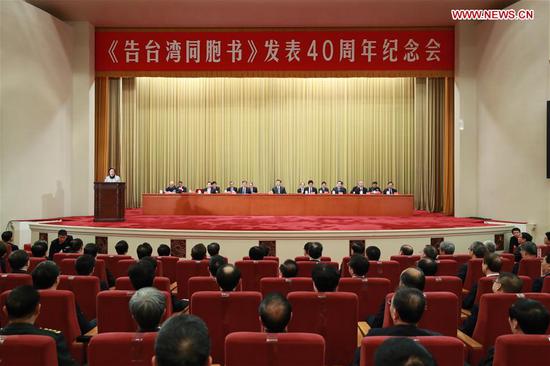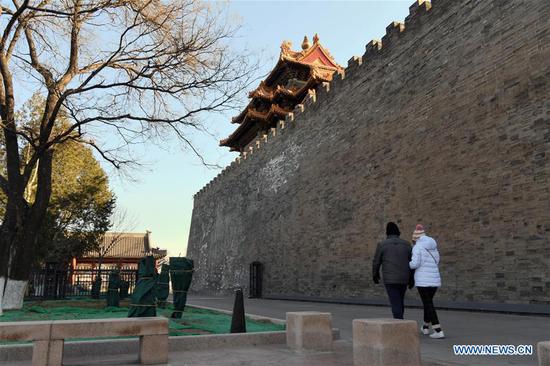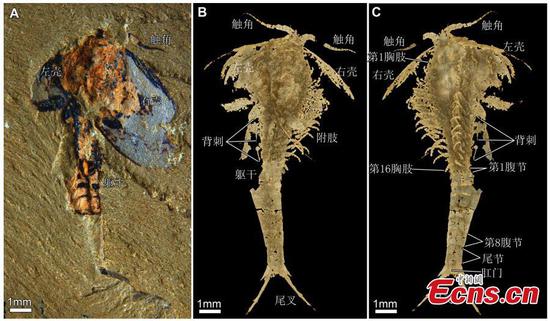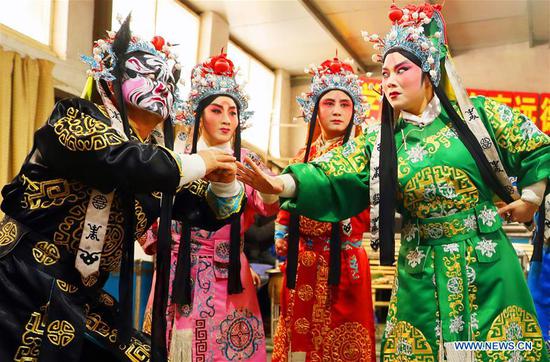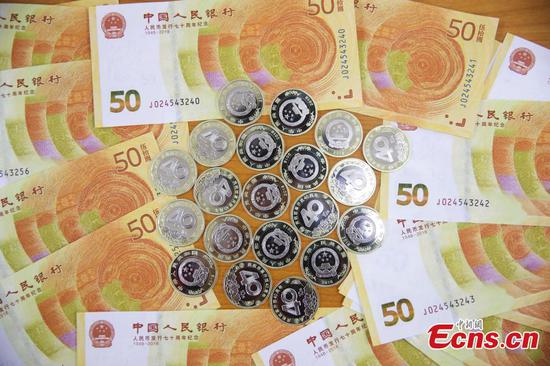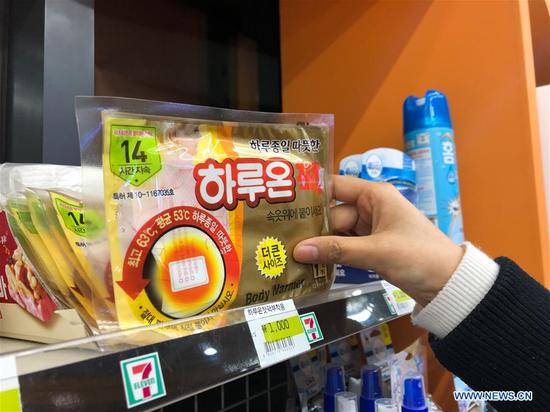It's not unheard of for gifted but underrated foreign artists to suddenly find fame in China.
In 2015, Galen Crew received a message from a follower on Twitter that one of his songs had made a splash on a Chinese music streaming app -- NetEase Cloud Music (NCM).
His "out-of-the-blue" fanbase in China had streamed him 50 million times on NCM, inspiring the American singer-songwriter to learn Chinese and set up a Weibo microblog account to interact with his new-found fans.
"Thanks everyone for listening to my song 'Sleepyhead,'" said Crew in his first comment on NCM.
In May 2016, Crew embarked on his first China tour, which brought him to Shanghai, Guangzhou, Beijing and Hong Kong, before coming back later that year for another tour in more cities.
On his NCM page, Crew constantly updates his fans with songs, pictures and posts of his personal life, in both English and Chinese.
"Working with NetEase has helped me to promote my songs in China and also provided me with a unique social platform to interact with Chinese listeners," Crew said.
"These experiences have brought me a different facet of interaction with fans beyond just concerts, and really allowed me to see what my music means to them. It has fostered a connection between us that is very special to me."
As one of China's mainstream music streaming platforms that also include Tencent's QQ Music and Alibaba's Xiami Music, NCM has been cooperating with international musicians and labels to promote their music among Chinese listeners.
NCM International Vice-President Mathew Daniel believes that better copyright protection in China has added to the lure of the Chinese market.
"One of the biggest changes in the market is that labels and artists are now being paid," Daniel told Xinhua.
However, it takes more than money to set up an ecosystem where every musician with original work can be protected and paid, especially when it comes to international artists.
Processes including contract negotiation, content delivery, music promotion, copyright protection, royalty reporting and payments have to be firmly nailed.
"It also takes effort to explain the specific context and environment of China's online music industry to international labels," Daniel said. "With more than 20 million songs and increasing, it is a specialized job to manage the music library, conduct piracy monitoring and generate royalty reports."
The platform's cooperation with international partners are multiple-level, which not only include representation of foreign distributors and labels, but also direct collaboration with artists in music production.
In 2018, Crew released his serial concept album "Apologue" in partnership with NCM, which comprised of 15 songs and one music video. He also wrote an introduction note for almost every song on the app's comment boards, sharing his own story with listeners.
Similar to Crew, American singer-songwriters Kim Taylor and Rachael Yamagata also performed well on the Chinese platform, with a fan base similar to if not bigger than at home.
Taylor's hit single "I Am You" has over 210,000 comments, and she became known to Chinese audiences almost overnight. In 2017, she released an EP co-produced by NCM.
"I continue to be overwhelmed by the support and love for 'I Am You' and my EP 'Come A Long Way,'" Taylor said in a comment.
Yamagata also gained a huge number of fans on NCM with several hit songs. In December, she made her debut Chinese online TV show at "Cloud Music Lounge," which was viewed over 1.3 million times within two weeks.
"There are artists who do not have a label but have shown great potential, so we work ly with them by giving them a platform to reach their fans directly," Daniel said.
NCM has hundreds of millions of users and 70,000 independent musician partners, a sign of China's robust online music market.
In December, another leading online music platform in China, Tencent Music Entertainment, which owns streaming apps QQ Music, Kugou, Kuwo and karaoke app WeSing and boasts even more active users, made its debut at the New York Stock Exchange.











